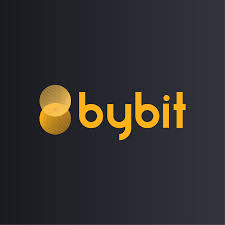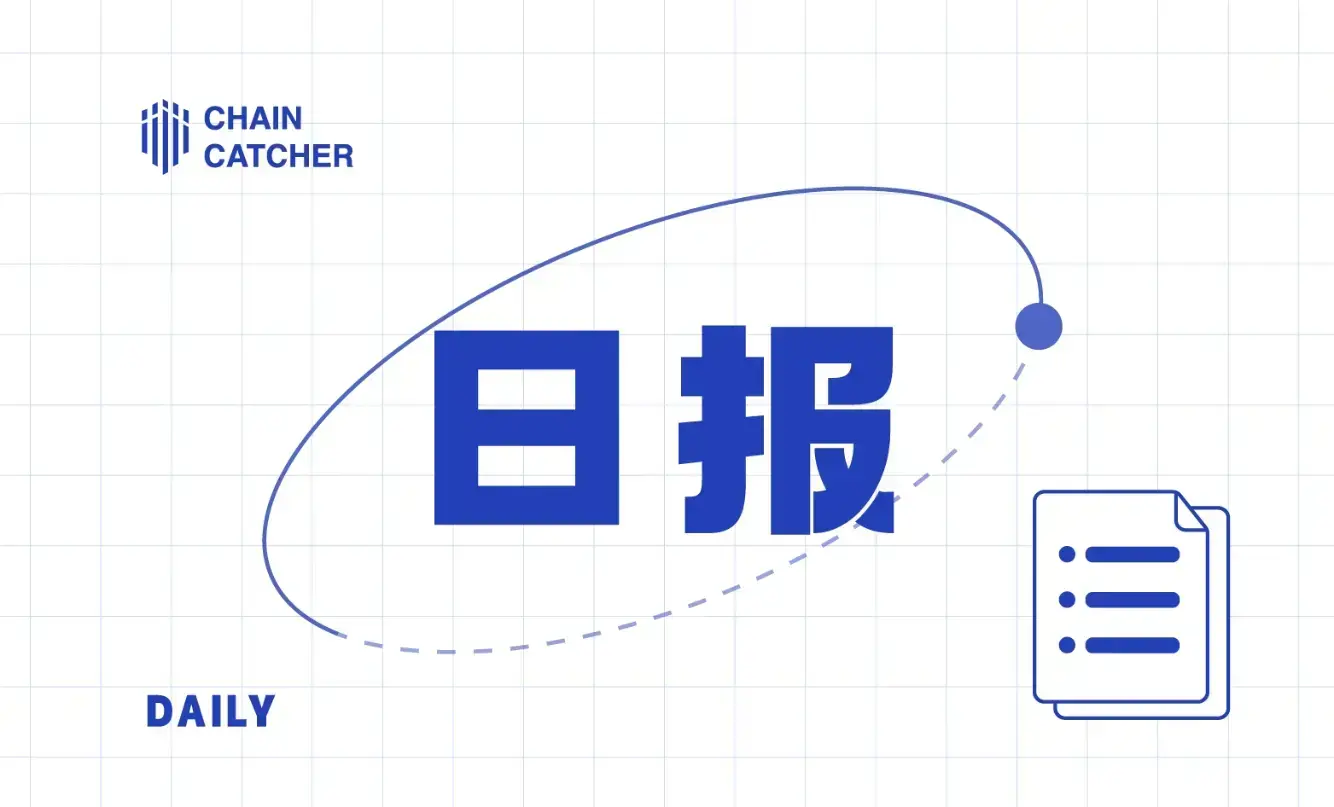Pyth Network: The Spotify of the Crypto World
Author: Pyth Network
In the late 1990s, a revolution in the music industry occurred: it brought free music to everyone.
Napster disrupted the entire music industry by creating a platform where listeners could freely share digital music files without worrying about intellectual property rights. Suddenly, anyone could download songs from any album for free.
However, this peer-to-peer (P2P) model of music file sharing could not last forever. Eventually, Napster was replaced by Spotify, which transformed the music landscape, allowing both music consumers and intellectual property owners to benefit.
Today, the Web3 world is undergoing a similar transformation led by Pyth Network. In this article, we will explore why Pyth Network is becoming "the Spotify of cryptocurrency and DeFi."
The Dawn of Digital Music
In the early days of the internet, the concept of digital music was a very cutting-edge and exciting idea. When you bought a CD, it was generally believed that you could do anything you liked with the digital files you purchased.
In this context, anyone who bought a CD and shared it online essentially became a "node of Napster," providing free music to everyone!

However, this unrestricted freedom gradually became a significant challenge. Intellectual property owners—primarily artists—were not receiving their due compensation.
If artists could not profit from their creations due to the operation of these "Napster nodes," why would they continue to create music?
The consequences were predictable: Napster would face a series of lawsuits, even spam attacks from record companies trying to "protect their world." Ultimately, Napster was forced to shut down.
Enter the era of Spotify. Unlike record stores and Napster users acting as intermediaries for music transmission, Spotify launched a streaming service where users could access almost all songs for a nominal fee.
This model not only significantly reduced distribution costs but also triggered a surge in music production. The main difference between the two outcomes lies in: Spotify recognized and rewarded intellectual property owners.

Parallel Events in the Crypto World
Similar scenarios exist in the crypto industry: the operation of traditional oracles is akin to Napster.
They assume that all data on the internet is freely accessible, and the primary task of traditional oracles is to incentivize node operators to bring this data onto the blockchain.
However, this approach has a fundamental problem: not all data is free.
Take financial market data as an example: in 2023, the value of this data exceeded $6 billion. Traditional financial markets typically require expensive subscription fees to access price feed data for assets like stocks, forex, and commodities.

The cryptocurrency market is unique because CEX order book data is usually free and easily accessible. However, this state will not last forever.
For instance, Coinbase started charging for market data last year. Historically, traditional exchanges only began charging for market data about 15 years ago when they realized it was a profitable revenue source.
Today, it constitutes a significant portion of traditional exchanges' revenue, as this data can be customized and packaged to meet client needs. Crypto data will inevitably face the same situation.
However, we see traditional oracles still "freely" scraping financial market data from the internet. This raises concerns: the data is either illegally scraped or outdated, leading to insufficiently timely data updates.
In both cases, when we consider the economic value of market data, such business models are called into question.
Pyth Network: Insights from Spotify
This is where Pyth Network comes into play, adopting a strategy similar to Spotify. Pyth Network introduces a data streaming model, moving away from intermediary networks to obtain financial data.
Pyth's network design eliminates unnecessary intermediaries while ensuring that the actual content creators—data publishers—receive fair compensation.
This approach not only ensures the quality of the data but also provides traders—those unique and valuable financial data creators and owners—with a new opportunity to participate in the data distribution economy.

Our data publishers share the same vision as the broader Pyth Network community and the wider DeFi ecosystem: to comprehensively and scalably address the challenges posed by oracles for the development of Web3 and DeFi.
These data publishers recognize that prior oracle solutions before Pyth Network were incomplete and unlikely to scale to support more assets.
Moreover, the Pyth oracle solution allows these data publishers—exchanges and market participants of digital and traditional assets—to explore Web3 applications at their own pace and direction.

Since its inception, Pyth Network has been continuously growing. On average, three new data publishers join the network each month.
So far, Pyth has over 85 data publishers, including some of the most well-known participants in the industry: Binance, Bybit, Wintermute, Cboe Global Markets, Optiver, and LMAX.
These are just a small part of this ecosystem. On the other end of the network, over 200 applications are integrating Pyth's price feed data to secure billions of dollars in smart contract value and trading volume.

History does not repeat itself, but it often has a rhythm. The music industry transitioned from Napster to Spotify, providing a framework for addressing the current challenges in the cryptocurrency and DeFi space.
With its innovative first-party data model, Pyth Network has made significant strides in changing how high-throughput DeFi protocols acquire and utilize financial data.
For data creators and application users, this is the melody they hear.

















